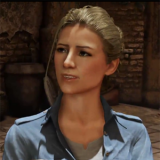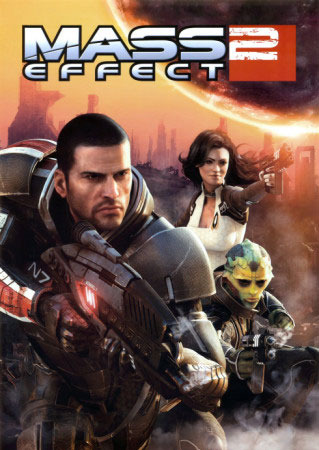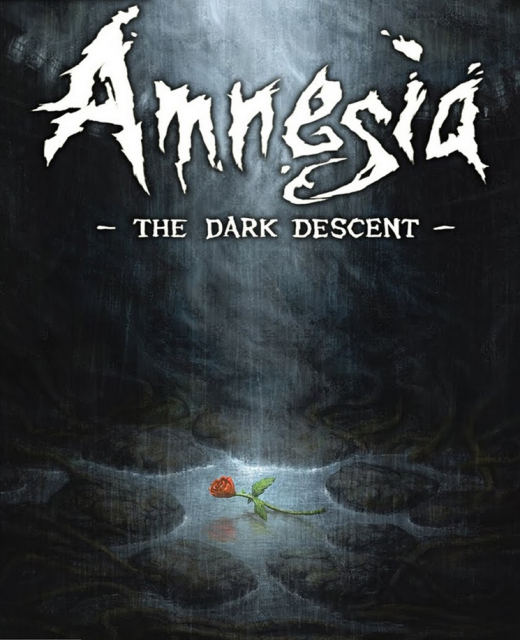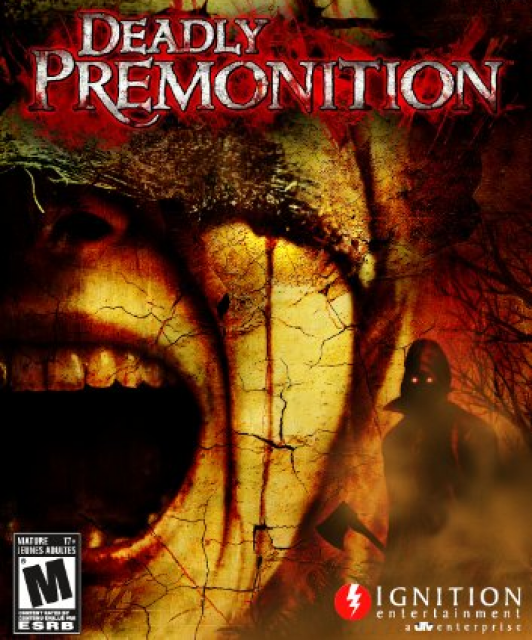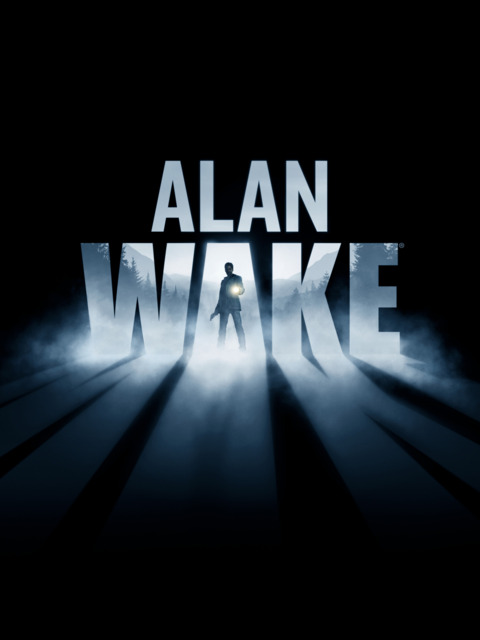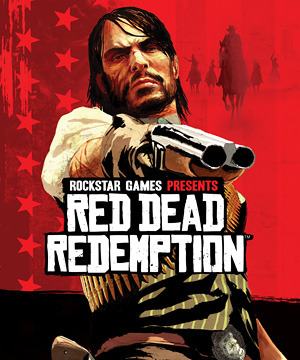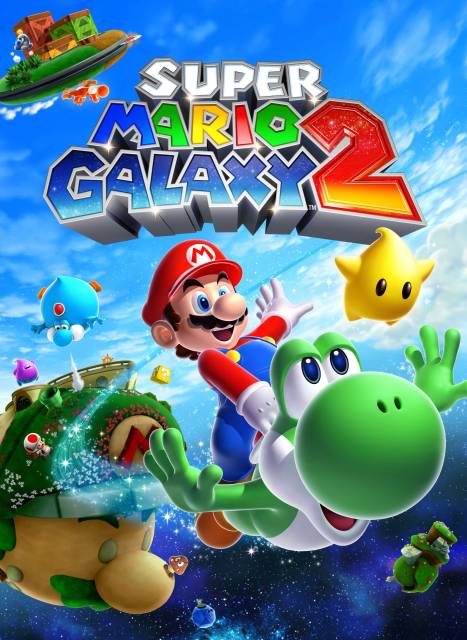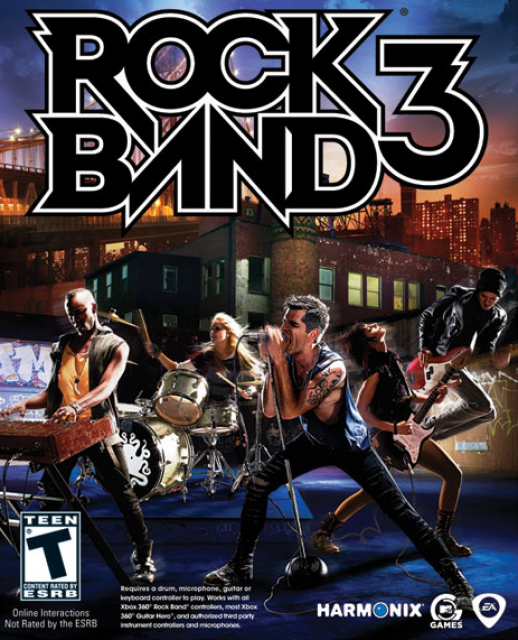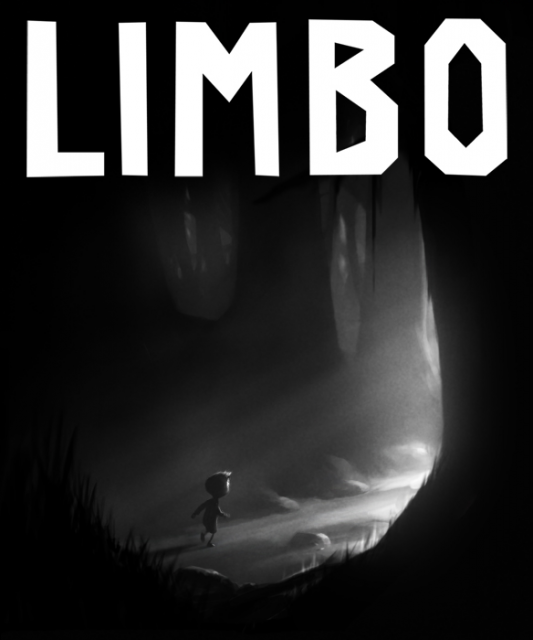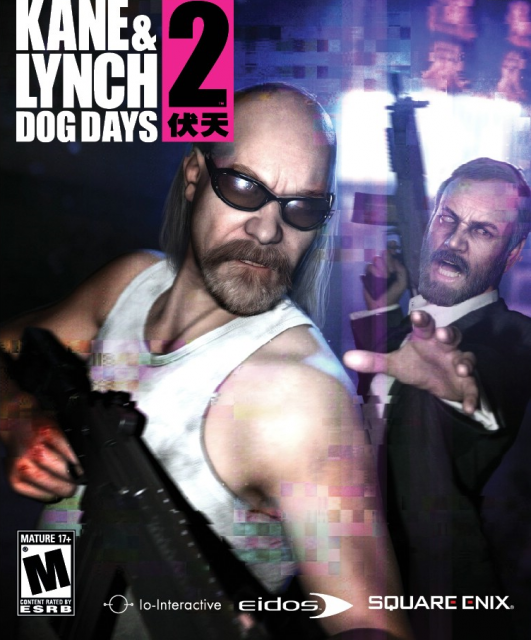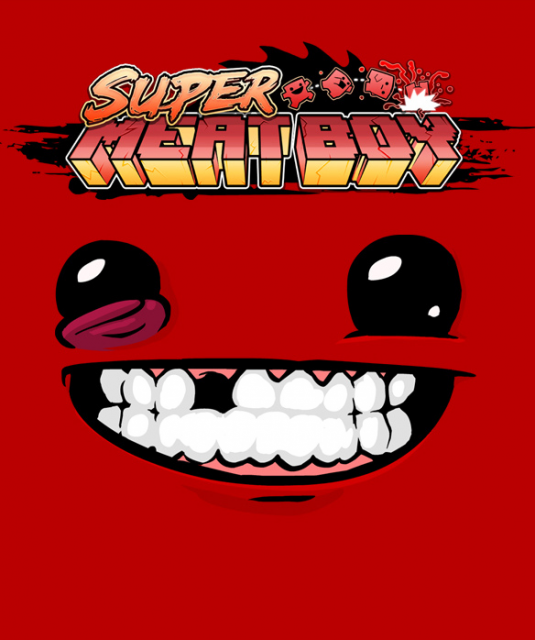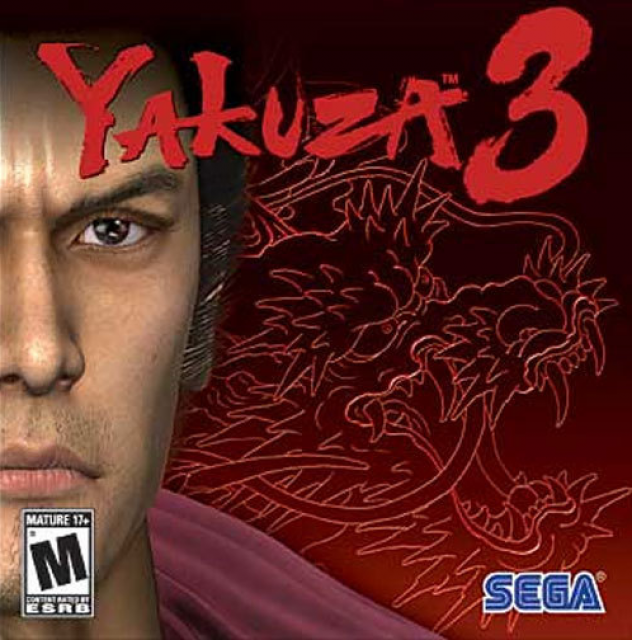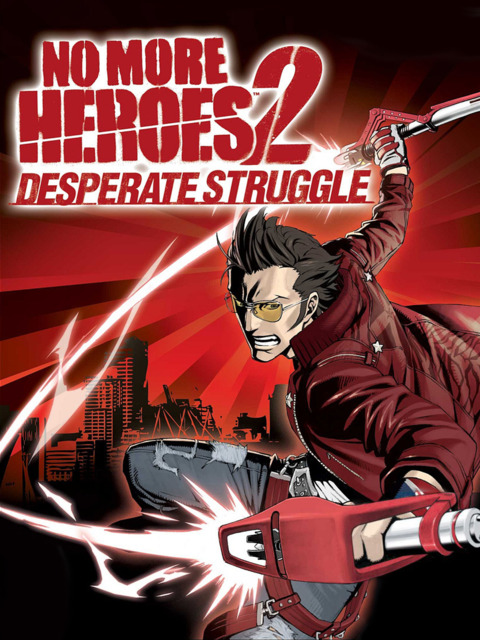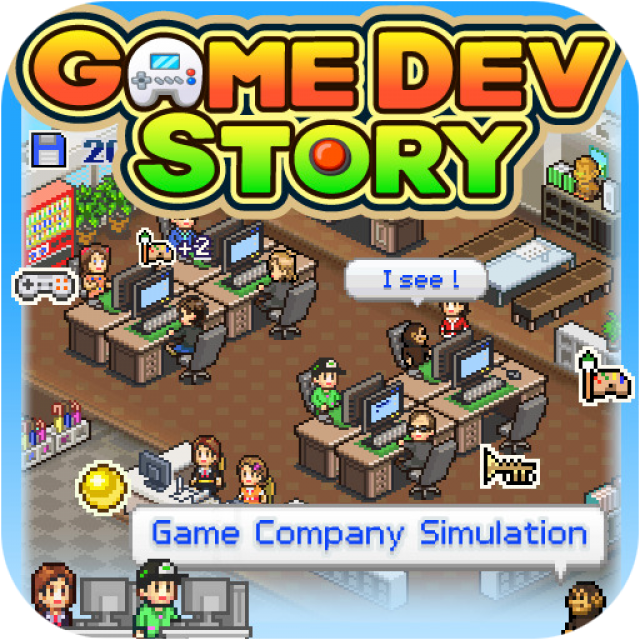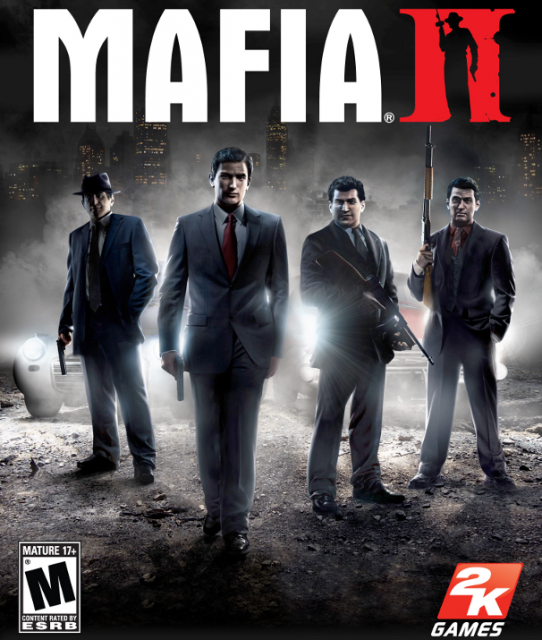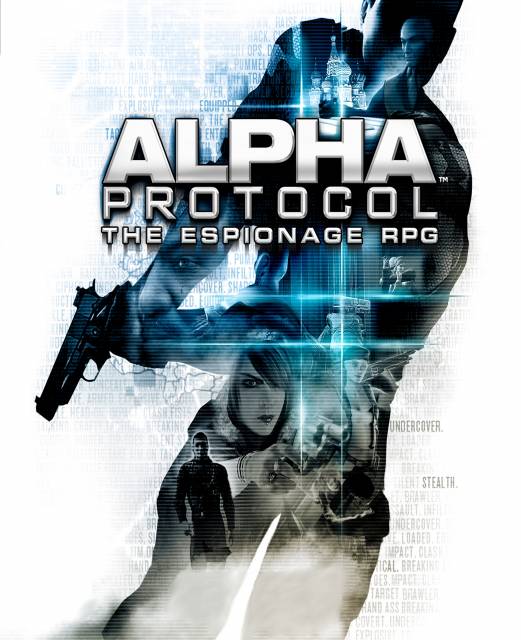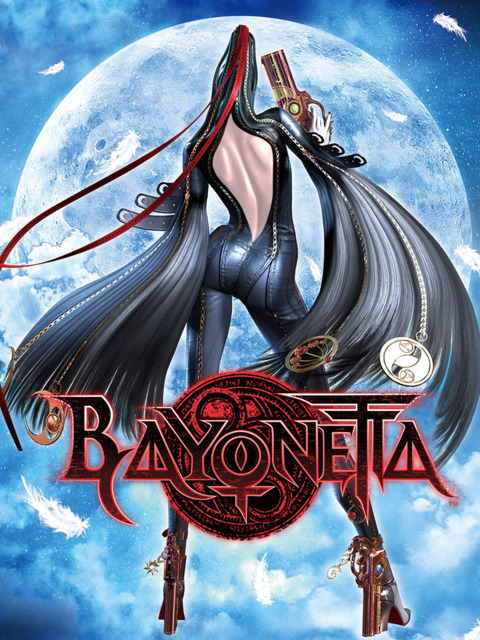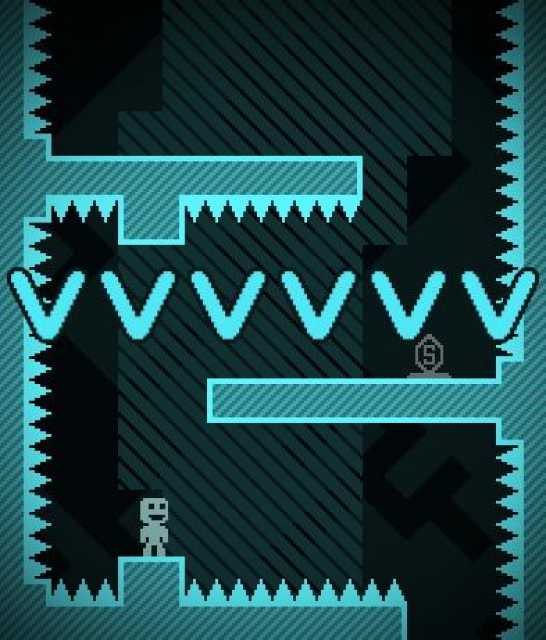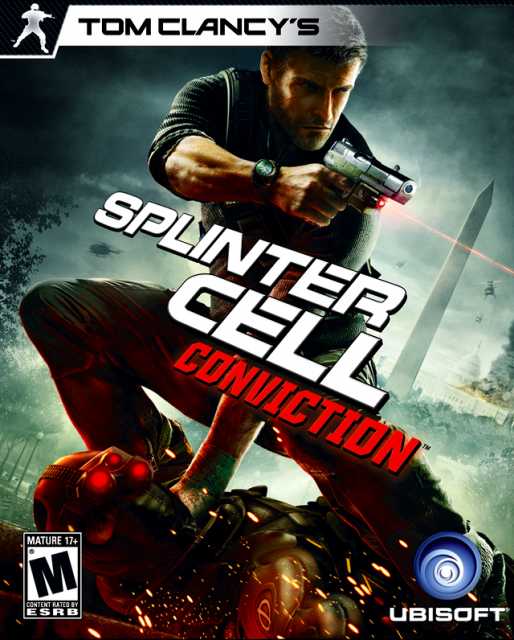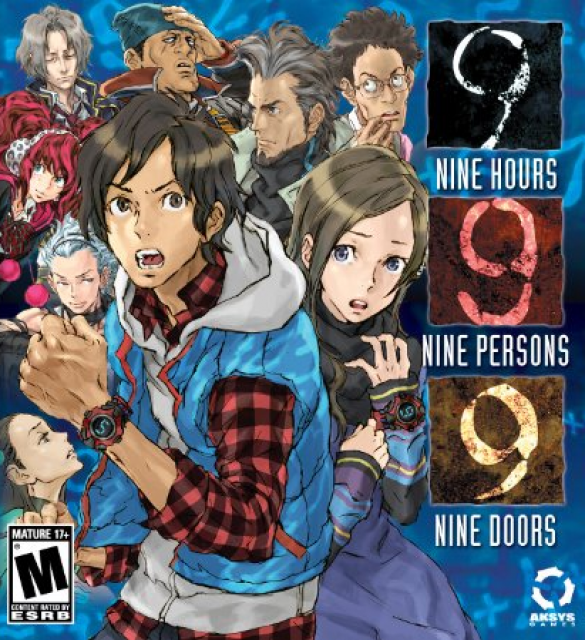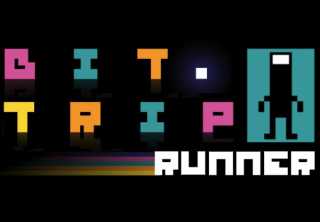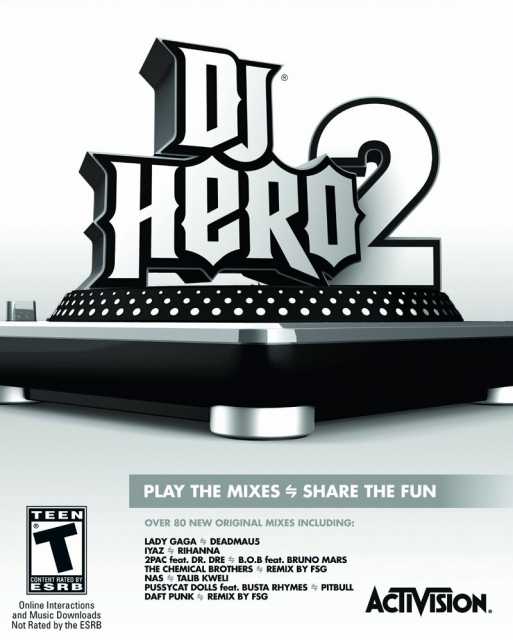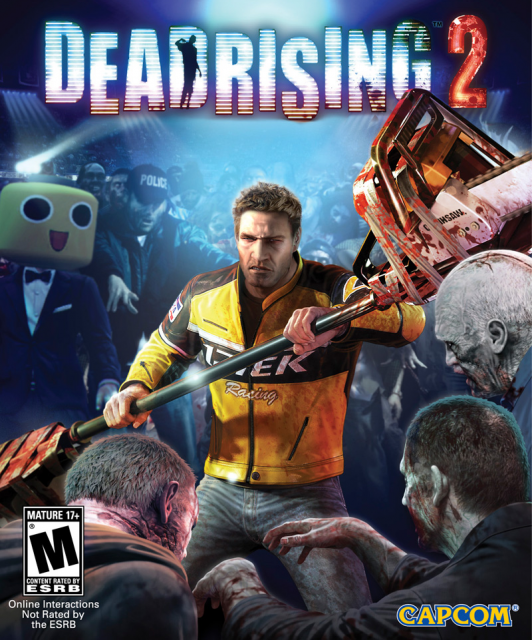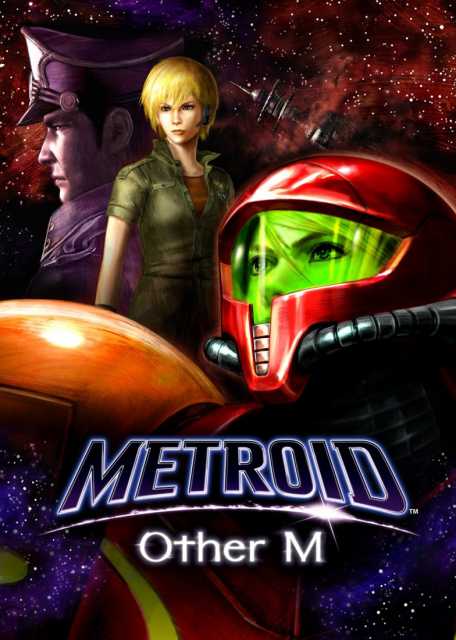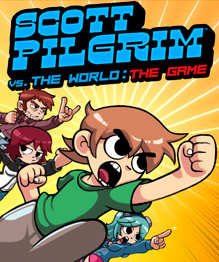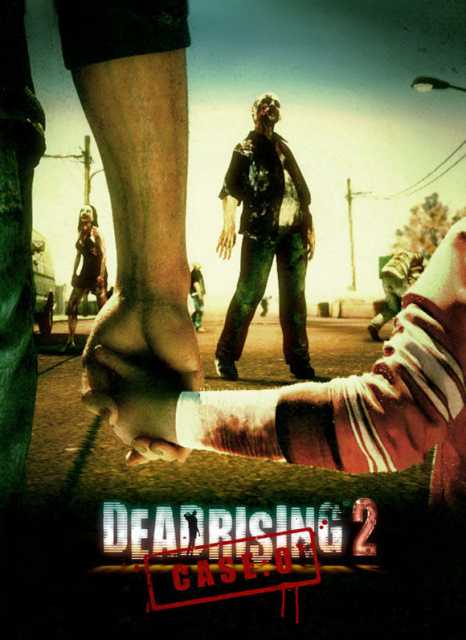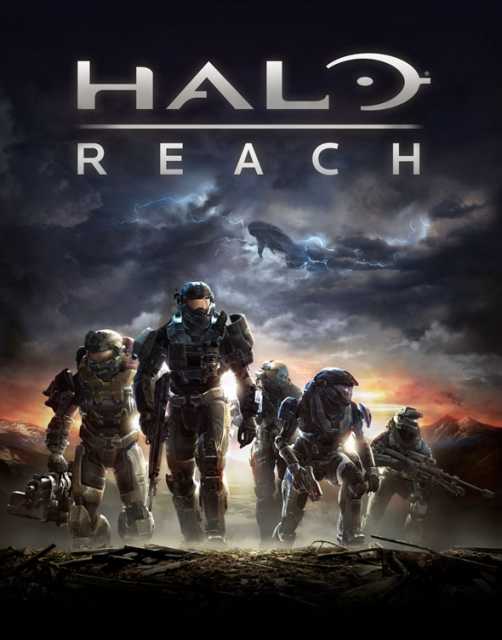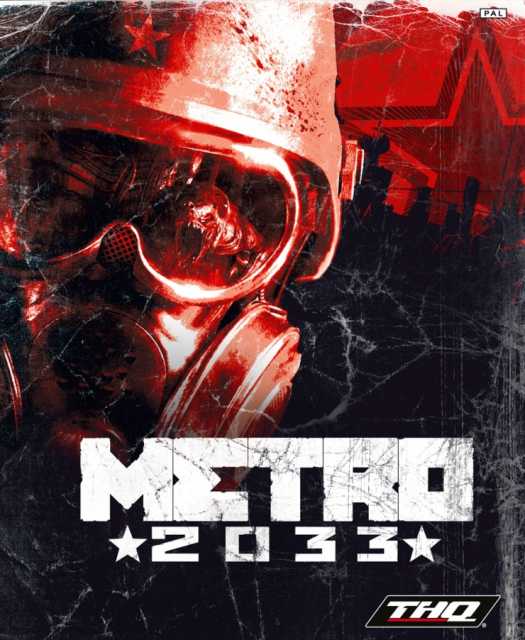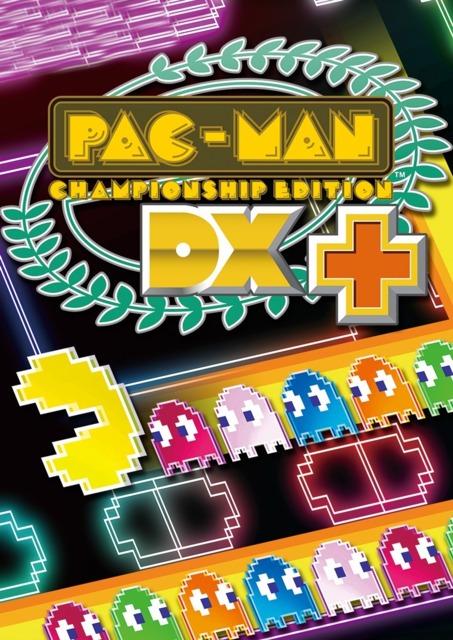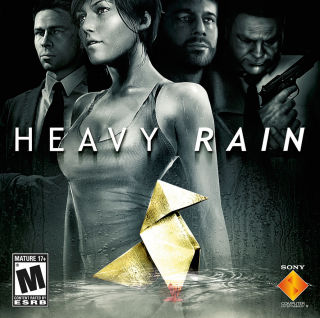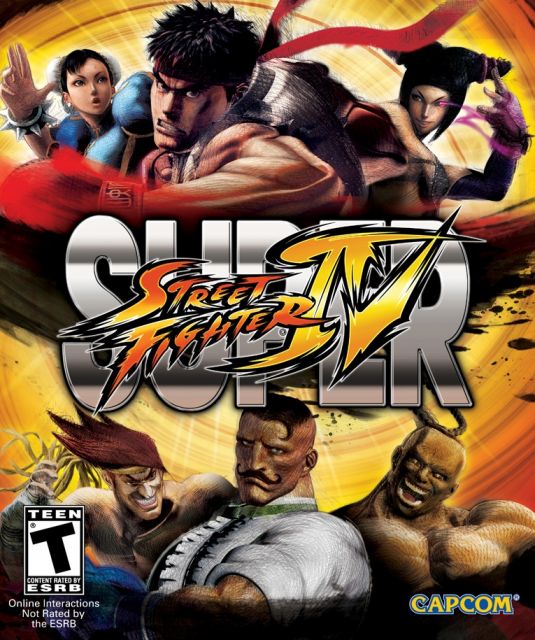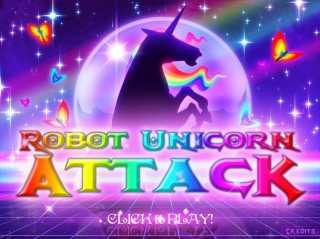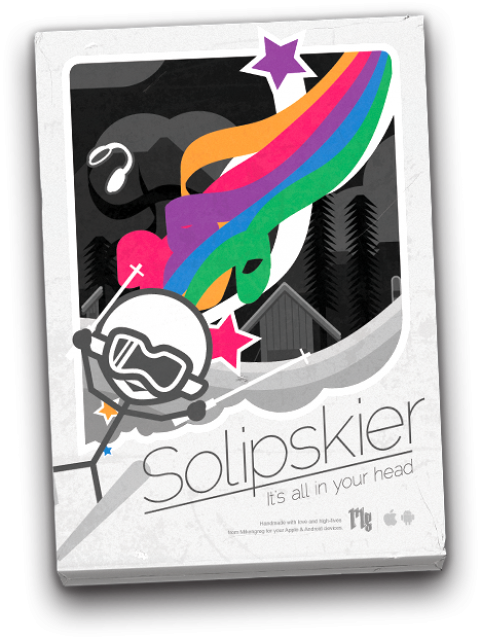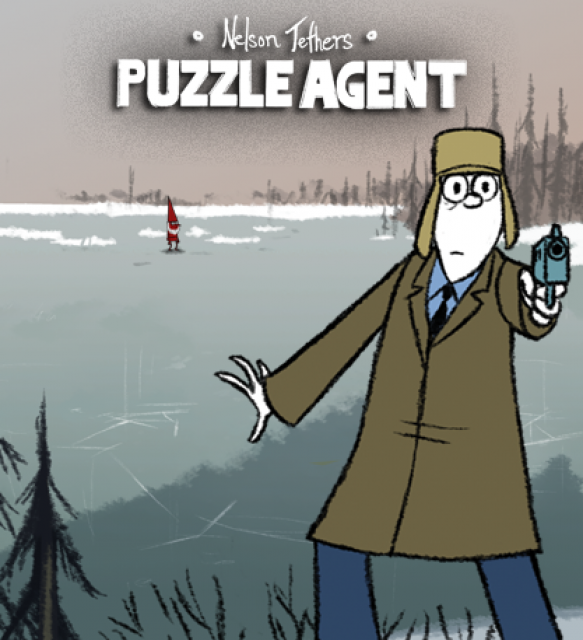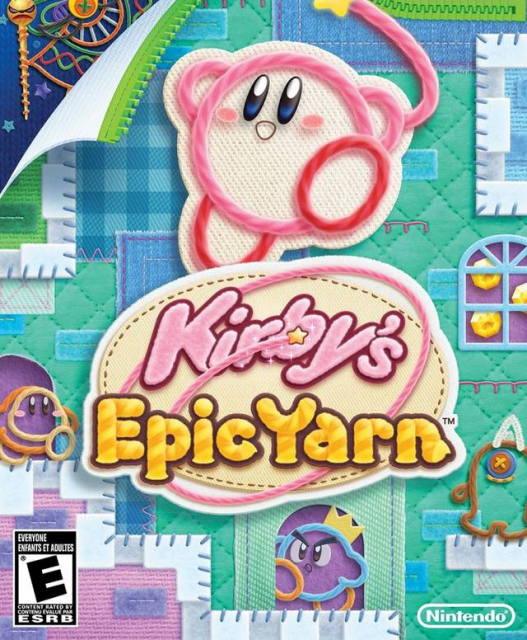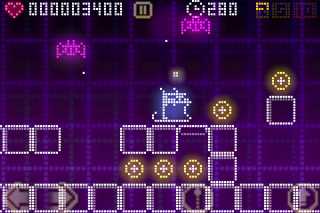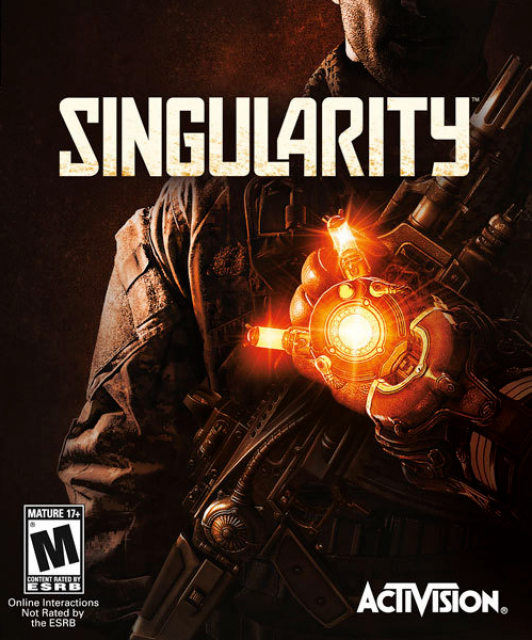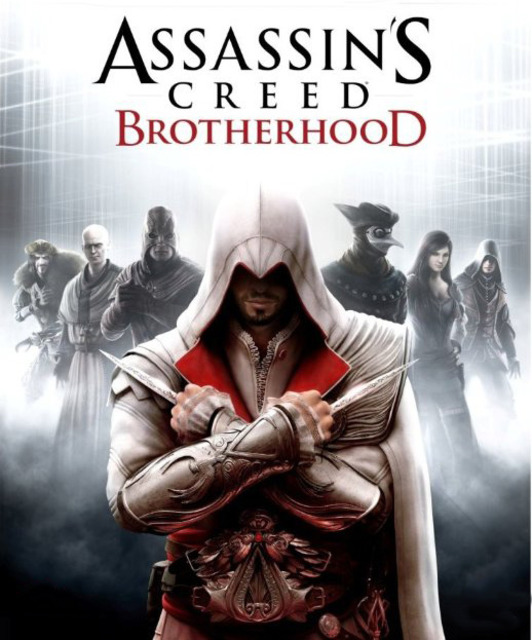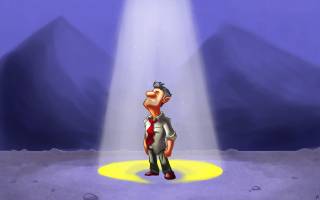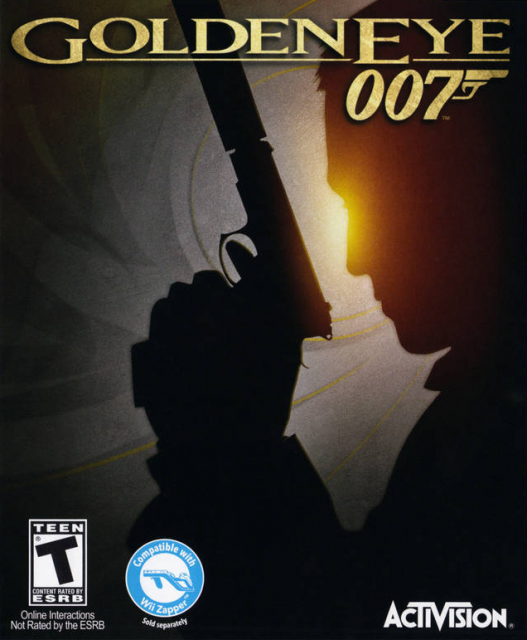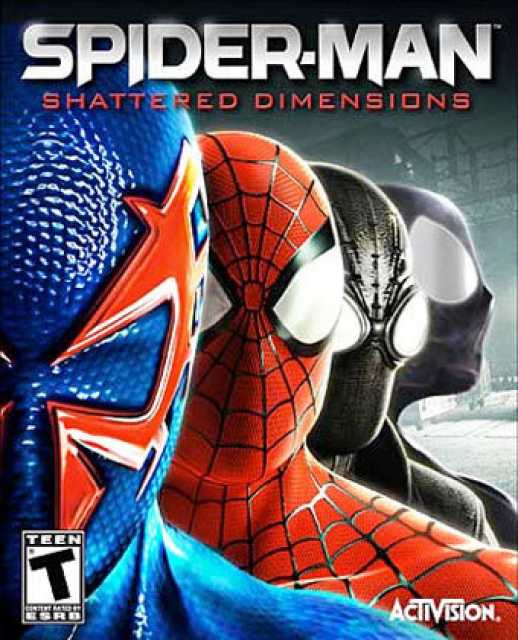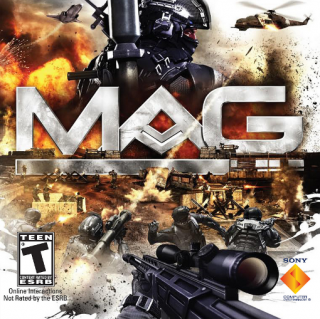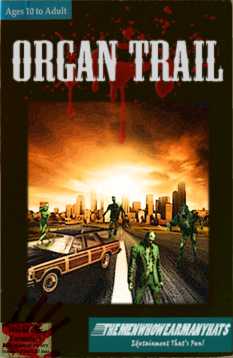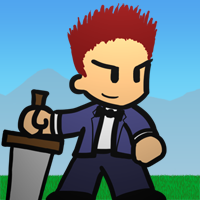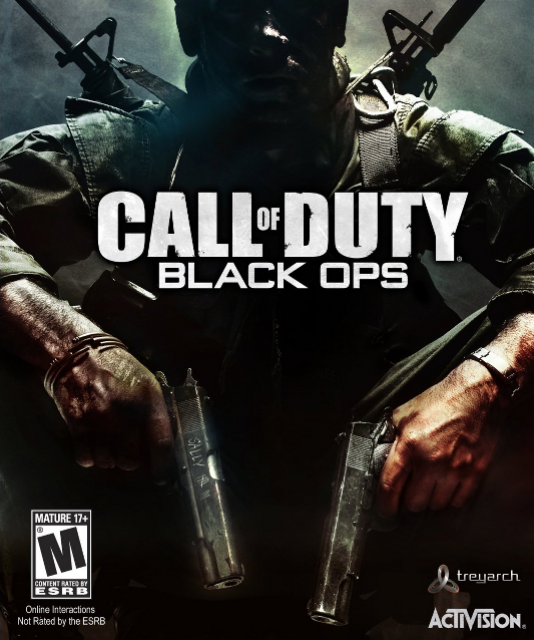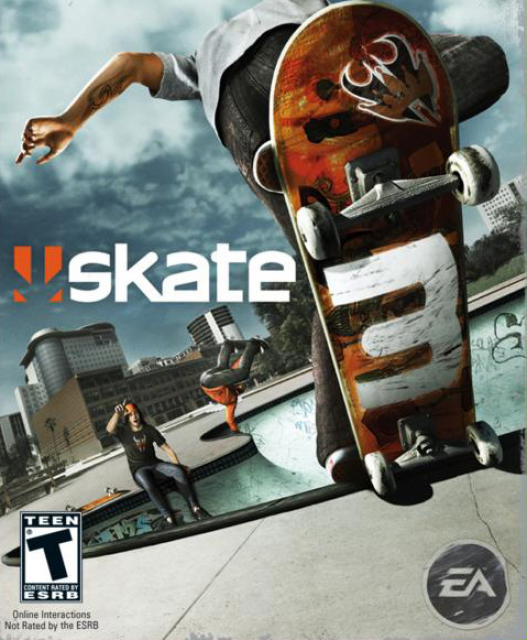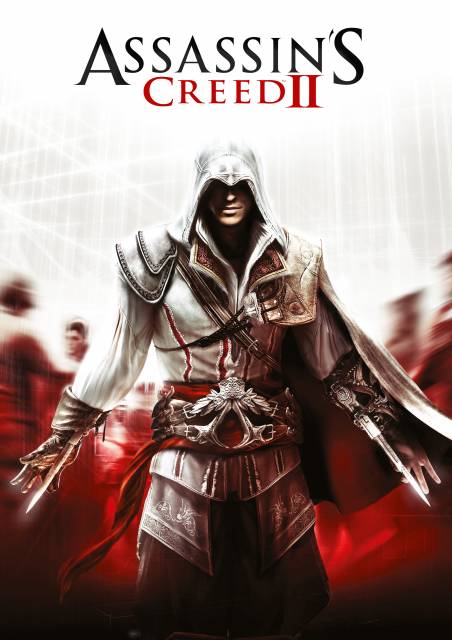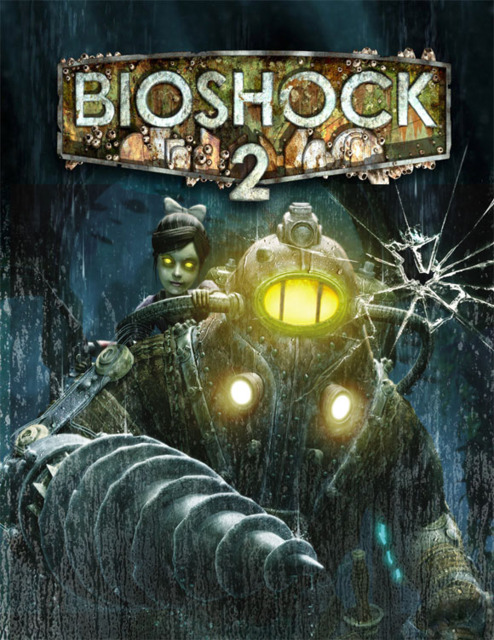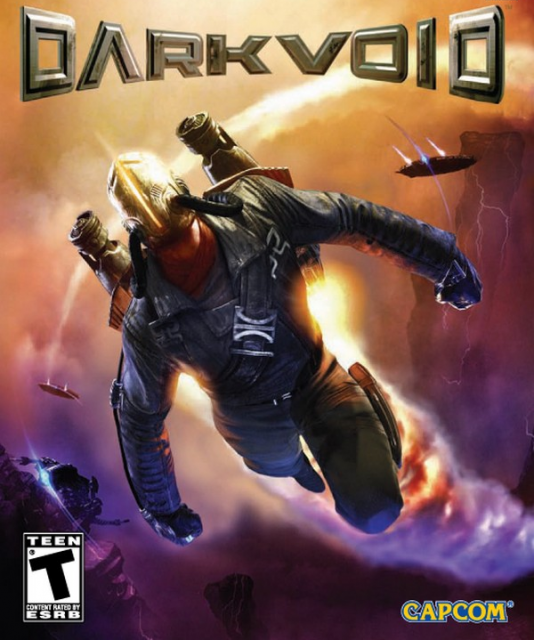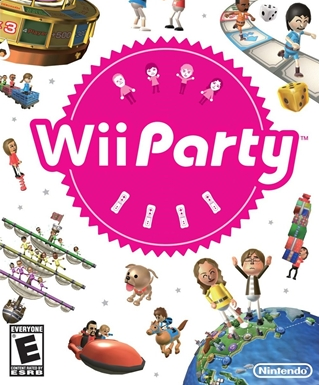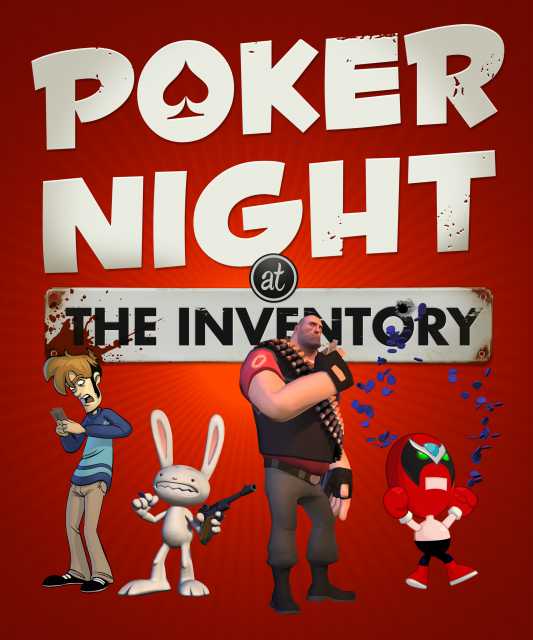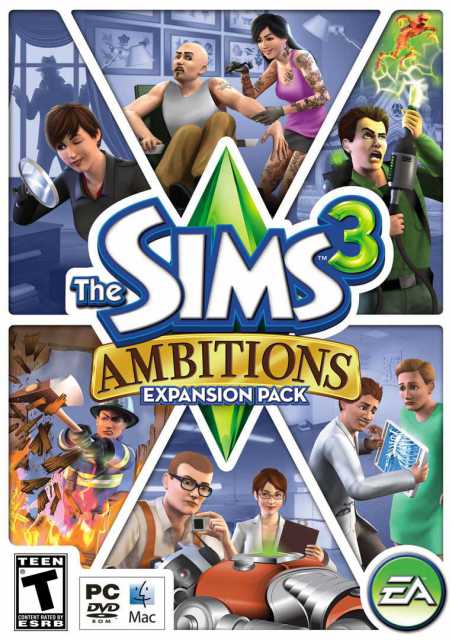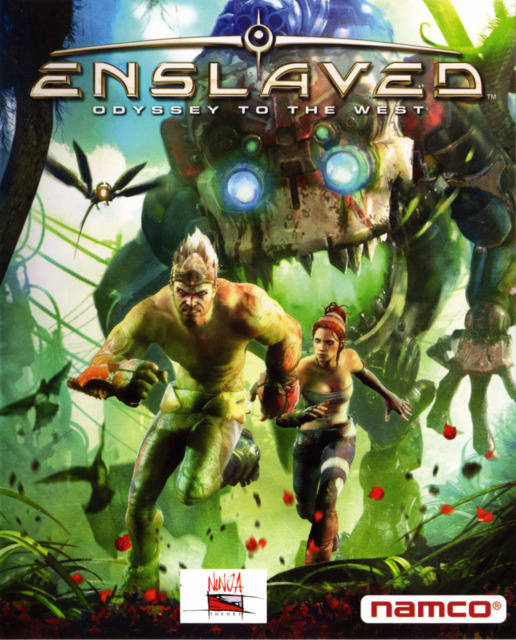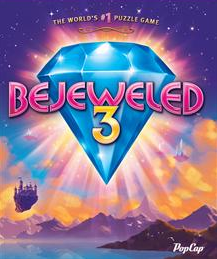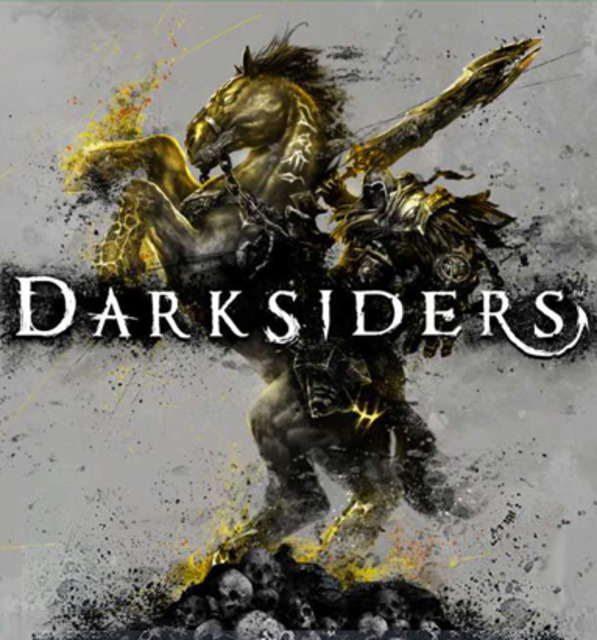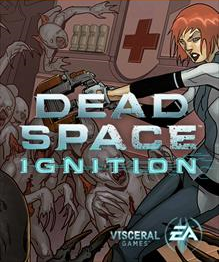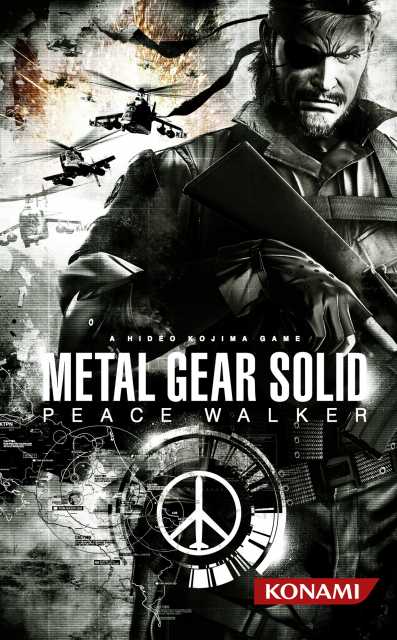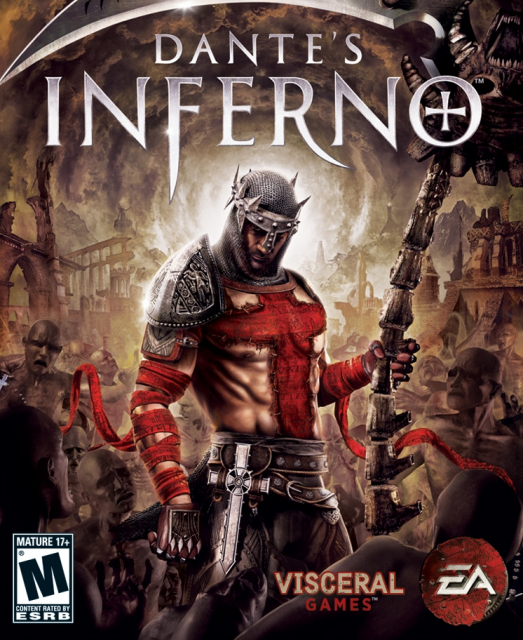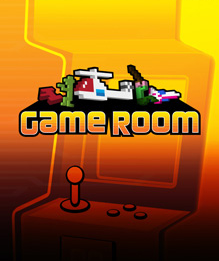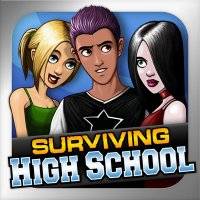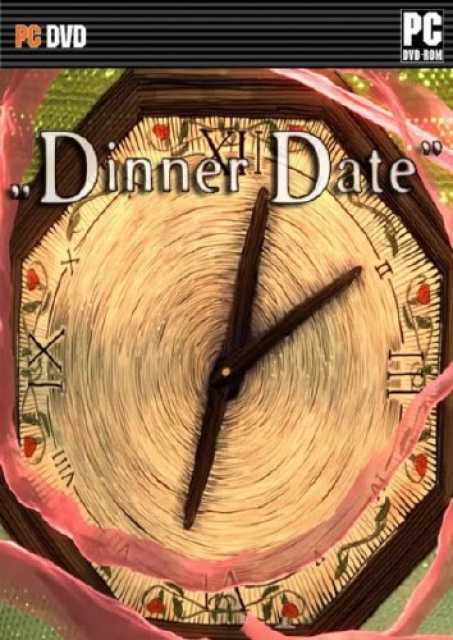Shoving Obsidian's original stab at making Fallout 3 into Bethesda's engine makes the game feel a bit like a reanimated corpse. Nothing ever feels quite right in the Mojave, which is so overcrowded with gamblers, tech giants and military personnel it makes the concept of a 'wasteland' feel like either a joke or a prescient comment on Las Vegas' actual sociology.
That said, Obsidian tightened up the non-VATS gunplay thanks to a new down-the-sights view as well as a greater variety of weapon types, and although Obsidian devs don't seem to have anywhere near as much fun as Bethesda with fun environmental storytelling, John R. Gonzalez and his team are frankly better screenwriters than anyone at Bethesda by quite a bit. Their cast of characters is just better. I just wish they weren't in this game.
The core gameplay loop of exploration, combat and leveling borrowed from Fallout 3 is still fun, but the ability for the player to truly roleplay via a variety of dialogue choices isn't quite the same - for a game as dense with expository dialogue as New Vegas is, there are so many times in which you're given only one dialogue response in conversation with an NPC, and most of the dialogue available to the player is dry and flavorless. A few of the bigger mechanics from the last game are back too, but for no apparent reason - the binary morality system from 3 returns in New Vegas, for example, but it's buried in a menu and doesn't appear to have any kind of effect on the world.
Additionally, while Bethesda is perfectly happy to let you go literally anywhere (within reason) on the map, even if it means getting permanently stuck in a hole halfway up a sheer cliff, Obsidian's New Vegas is a labyrinth of completely linear roads. That next quest objective might *look* like it's just ahead, but in reality all of the impassable paths and un-climbable mountains might mean you're nowhere near it.
Worst of all, New Vegas' load times are atrocious and frequent. Even if you don't mind the limited player expression and lack of exploration, just turning in quests can take an abominably long time, especially if the quest giver is in a building (which requires a load) that itself is inside a compound (which requires a separate load).
But all the same, the story and characters in New Vegas don't fade out like in other series titles, including the lauded Fallout 1 and 2. New Vegas' roleplaying is thin at best in regards to the player character, but the political machinations of New Vegas' power players are a memorable bit of damning American satire. For all of my hang ups with the dry, trudge-y nature of the Mojave and the games butt-ugly visuals, the various factions of New Vegas and what they stand for are really fun and creative distillations of American power. I played this game when it came out in the fall of 2010, and I'm STILL thinking about them over a decade later.
I love that New Vegas disallows for a true happy ending, unlike Bethesda's pluckier, more Star Wars-y take on the franchise. I might not like that Obsidian's wasteland is so teeming with civilian activity in comparison to the dire straits of Bethesda's Washington DC, but the power players in this story are grim, and so aligning with them naturally leads to a grim outcome. The Bethesda titles (particularly Fallout 4) are about framing your choices (regardless of their real ethical value) in the best possible light. New Vegas is more interested in the worst possible outcome. It's a better tone to strike for a series about the end of things, at least.
